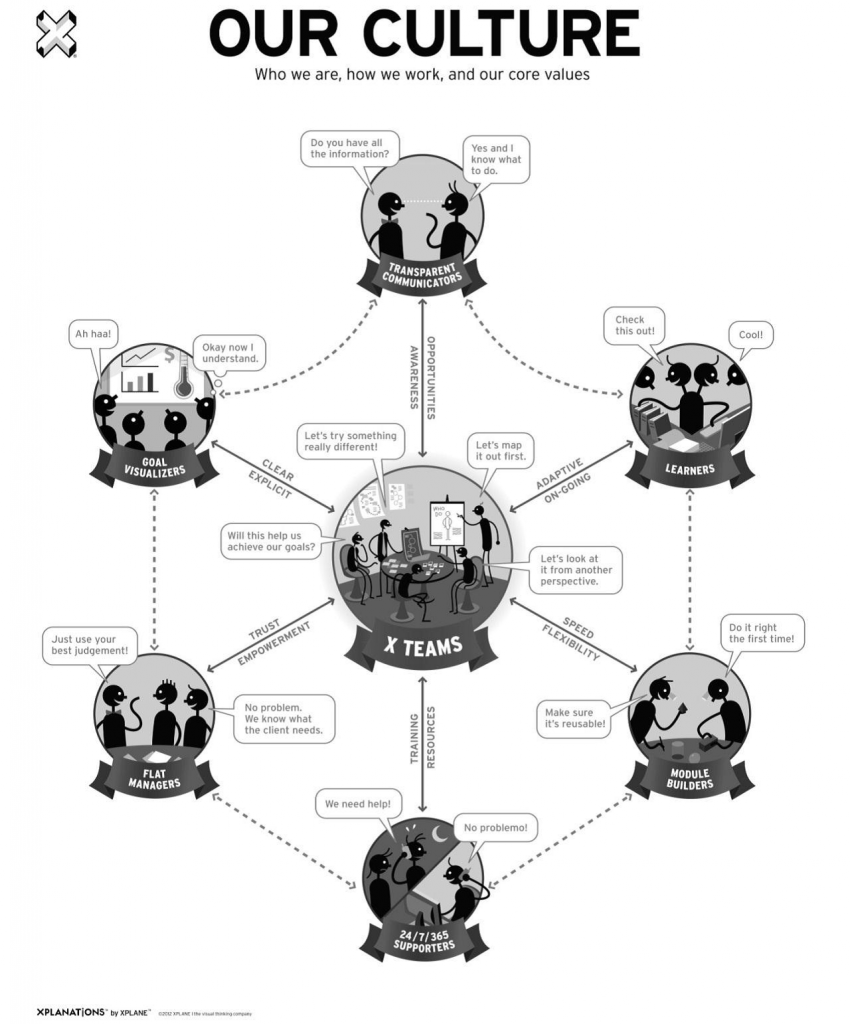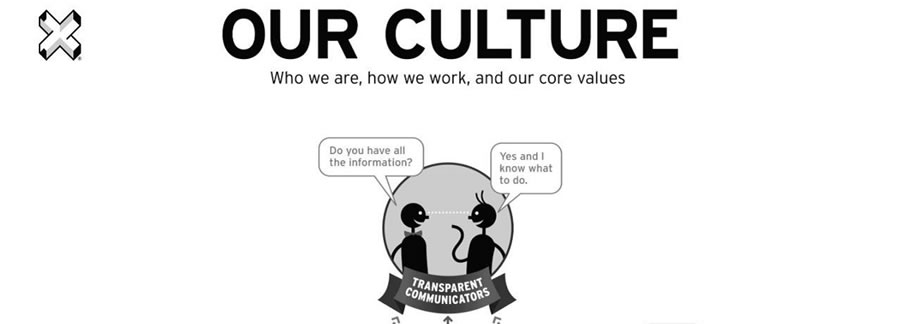Most companies would love to have customers who act as cheerleaders for their brand. Excellent customer service and first-class products might be the basis for persuading your customers to act as brand ambassadors, but there is a critical step that needs to come even before this. How can you expect your customers to be your brand ambassadors if your employees are not? How can you expect your customers to love your brand and rave about your brand if you don’t inspire the same love and advocacy internally?
In 2011 Gallup revealed that 71% of the American workforce is “not engaged” or “actively disengaged” in their work. How can companies with such a disconnected workforce expect their employees to celebrate the brand and generate positive word of mouth?
It is a simple logic. Yet there are very few companies whose workforce are their greatest ambassadors, whose employees live and breathe their brand’s ethos and their work philosophy, making it almost as famous as their products. Let’s take a look at this elite number of businesses that can boast full engagement within their companies and see how they inspire such loyalty and passion.
The benefits of workforce advocacy
“We thought that if we got the culture right, then building our brand to be about the very best customer service would happen naturally on its own.” Zappos CEO Tony Hsieh says.
Zappo’s brand philosophy is built into every aspect of their business, from recruitment all the way through to customer service, and their workforce’s strong commitment to this philosophy makes them highly engaged. There is a relationship between employee engagement and companies’ performance, as well as better customer service, higher product quality, safety, free word of mouth, lower turnover and higher profits. Zappos give building their culture the highest priority.
Your company philosophy
A brand ethos is not something that can just be tacked onto a memo, but it can be built from the ground up with the active participation of employees. Facebook’s ethos can be summed up in one sentence, taken from Mark Zuckerberg’s IPO cover letter: “Simply put: we don’t build services to make money; we make money to build better services.”
Facebook ensure that their employees have the same attitude to the product and Facebook’s work ethos (called ‘The Hacker Way’) by putting all new engineers through a program called Bootcamp, where they learn the technical – and philosophical – background to working at Facebook.
Hacker culture is at the core of Facebook. It is a culture of deep collaboration, constant agility and desire to improve the current product. “What most people think when they hear the word ‘hacker’ is breaking into things,” says Facebook’s founder Mark Zuckerberg. “There’s an intense focus on openness, sharing information, as both an ideal and a practical strategy to get things done.” Zuckerberg gives engineers full freedom – everyone can contribute, every suggestion counts. His word is final though, he ensures that everything the company does (including countless product iterations) are in line with his vision.
Core values at every level
Design and consulting firm XPLANE have a visual culture map that sets out the company’s values in a way that is easy for everyone to understand. XPLANE’s Aric Wood says that “Our culture map is the most influential management tool in our business. It had more lasting impact than anything else we’ve done. If a company’s strategy is its brain, a company’s culture is its heart – and strength, determination, values, and the will to win come from the heart. We grew 40% annually not because we had the best strategy, but because we recruited and retained the best people and developed a killer culture that perpetuated that cycle.” [TLZ p50]

If you want your employees to act as your advocates you need to put the effort in to focus on your core beliefs and make sure your workforce are on board with your ethos. Everything from recruitment through to customer service needs to be built on the foundation of your values. Once you have a clear vision of your culture, everything else can flow from there and you will build a team who are committed to your vision and will spread your brand ethos further.
Originally posted in RingCentral

